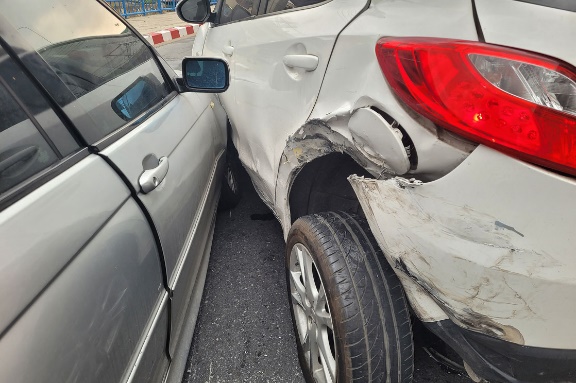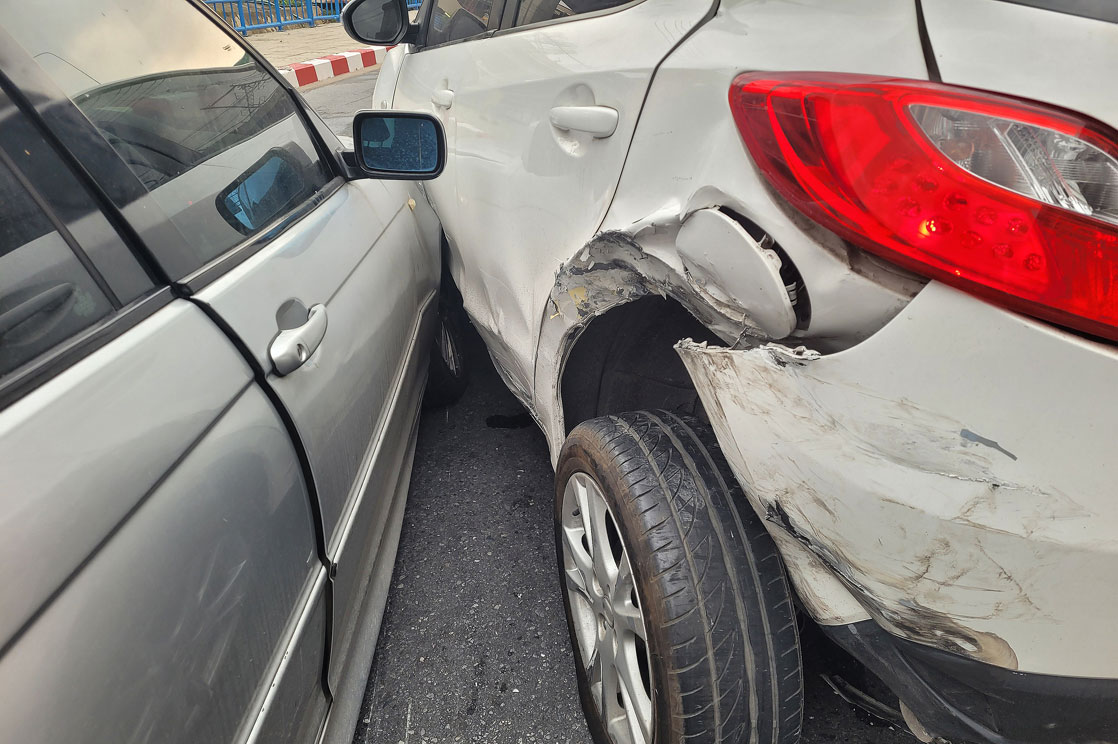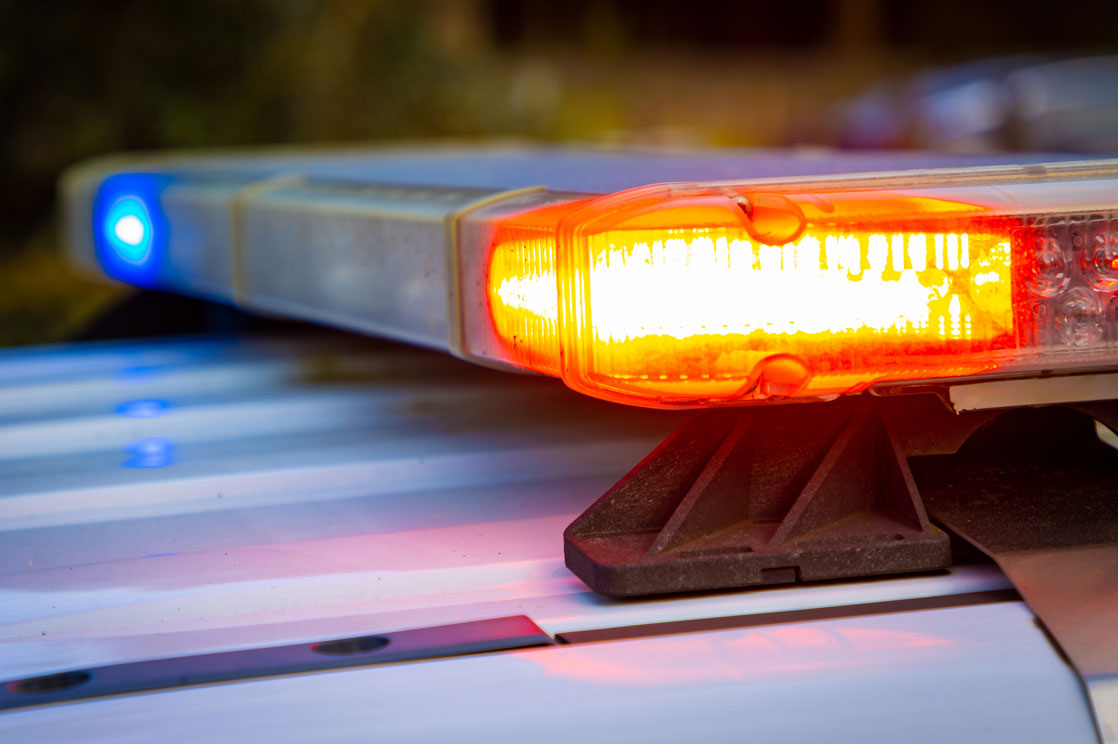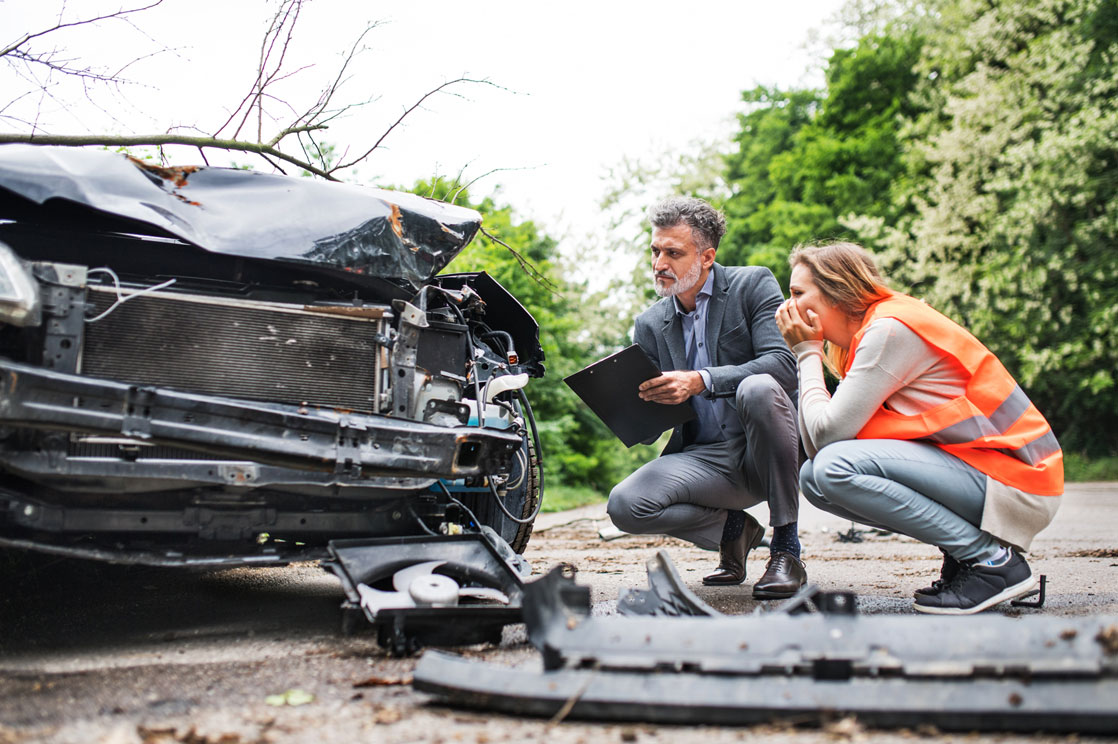Rideshare Vehicle-Related Accidents and Injuries: Insights from a Personal Injury Law Firm
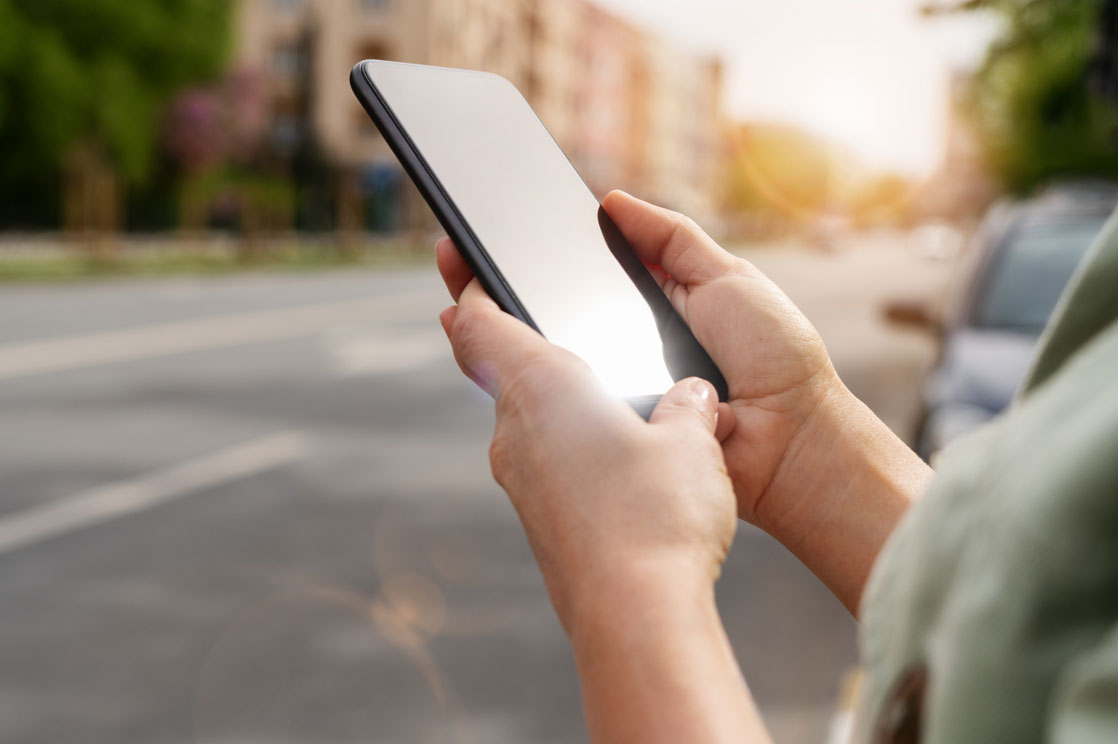
Rideshare Car Accidents
Accidents can happen anytime; getting into one with a rideshare car adds complexity. Whether you are a driver or a passenger in an accident, understanding how to safeguard your rights and pursue compensation is essential.
This article offers guidance from our personal injury law firm on the necessary actions to take for accidents or collisions involving a rideshare car. With rideshare services such as Uber and Lyft becoming more popular, the chances of accidents involving these vehicles have also grown.
From documenting the accident scene to gathering evidence, know the essential steps to navigate the legal process successfully. Knowing your rights makes a favorable outcome in your rideshare car accident case more likely, whether you were the passenger, driver, or another party involved in the accident.
Understanding the Risks of Accidents Involving Rideshare Cars
Services such as Uber and Lyft have transformed how people travel, providing ease and access to millions across the globe. The growing popularity of rideshare services has resulted in an uptick in accidents with these vehicles.
The unique nature of ridesharing introduces specific risks, mainly because drivers are often less experienced than traditional taxi drivers and may not be as familiar with their routes. Furthermore, the potential for distracted driving increases when drivers manage their rideshare apps while navigating traffic.
In addition, rideshare drivers face pressures to maintain high ratings and complete as many rides as possible, which can lead to reckless driving behaviors. For example, they may drive over the speed limit, switch lanes suddenly, or neglect to yield the right-of-way, increasing the chances of accidents.
As a passenger or another driver, these factors can affect your safety and how you navigate an accident’s aftermath. Moreover, determining accountability can be challenging, as it may include multiple parties like the rideshare service, the driver, and other motorists.
By recognizing these issues, individuals can be better prepared to take the necessary steps following an accident, ensuring they protect their rights effectively and pursue the compensation they deserve.
What to Do Immediately After an Accident
After an accident, it is crucial to remain calm and collected. Begin by assessing whether you or anyone involved in the accident has sustained injuries. In case of any injuries, immediately reach out to emergency services.
If anyone is injured, prioritize safety by moving to a secure location, if possible, away from oncoming traffic. Documenting the scene is crucial, but your safety and the safety of others must come first. Once everyone is safe, exchanging information with the rideshare driver and other parties is essential.
Gather names, contact details, license plate numbers, and insurance information. Be sure to note the rideshare driver’s name, the vehicle’s make and model, and the rideshare app they used during the accident. This information will be vital for any potential claims or legal actions arising from the incident.
Refrain from saying anything that might be seen as acknowledging fault. Instead, focus on gathering information and details about the accident. Above all, remember that what you do right after the accident can significantly impact future claims or legal matters. Even if no one appears to be hurt, be sure to call the police from the scene and report the accident to all applicable insurance companies as soon as possible.
Gathering Evidence and Documenting the Accident
Record the accident scene details. Start by capturing images of the accident scene from various angles. Be sure to document the vehicles, the condition of the roadway, traffic signs, and any visible damages.
Additionally, write down the time, date, and road conditions at the time of the accident, as these details can also play a role in your case.
In addition to photographs, collecting witness statements can be invaluable—request contact details from witnesses, bystanders, or other drivers. Witness testimony can support your narrative and bolster your stance in a liability disagreement.
Furthermore, keep a detailed record of any documents or communications related to the accident, including police crash reports, conversations with the rideshare driver, responding police officers, and your insurance company.
If you seek medical treatment, retain all medical records, bills, and notes from healthcare providers concerning your injuries. This comprehensive documentation will be essential for your records and any claims that may ensue.
Reporting the Accident to the Rideshare Company
Both Uber and Lyft have dedicated processes for reporting incidents during a ride. You can typically do this through the app or online. If you are injured, you will want to seek a personal injury consultation beforehand.
Remember that rideshare companies have specific insurance policies that may affect the claims process. Different levels of coverage may apply depending on whether the driver was actively transporting a passenger, en route to pick someone up, or offline at the time of the accident.
Seeking Medical Attention and Documenting Injuries
Regardless of how minor you believe your injuries to be, seeking medical attention after an accident is critical. Specific injuries, like concussions or sprains, might not immediately be noticeable. Moreover, postponing medical care could lead to a deterioration in your condition.
A medical professional will thoroughly examine and document any injuries you sustained as a result of the accident. This documentation is paramount for any subsequent claims and can serve as critical evidence in your case.
Moreover, keep track of any expenses related to your medical treatment. For instance, expenses may include E.R. visits, hospital stays, physical therapy, and prescriptions.
Documenting these expenses will be crucial when calculating the total damages you are entitled to. Comprehensive documentation enhances your position during settlement negotiations with insurance companies or when a lawsuit is filed.
Related article: Autonomous Vehicle Accidents in Virginia
Schedule a Consultation with Preston, Wilson & Crandley, PLC
At Preston, Wilson & Crandley, PLC, our experienced team ensures you receive the support and compensation you deserve.
Our attorneys handle injury claims ranging from bicycle accidents, pedestrian accidents, motorcycle accidents, truck accidents, and car accidents to drunk driving accidents and wrongful death claims.
Give us a call and let our experience work for you. We have been helping the people of Virginia since 1955 and are ready to help you. Schedule a consultation to discuss your case.
If you need a Personal Injury Attorney in Virginia Beach, contact us at (757) 486-2700.
Follow us on Facebook.

